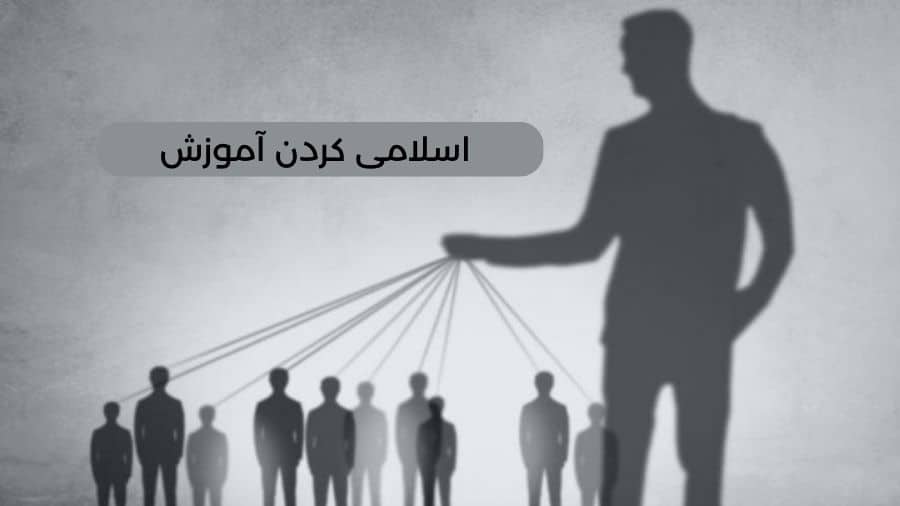Abstract
This study is an attempt to investigate the process of Islamization of education and its consequences on the quality of education in Iran. At first, the history of Islamization of education, its motivations, goals, and implementation methods have been examined. Then, the consequences of Islamic education, including the impact on scientific transparency and the freedom of action of researchers, are mentioned. The study is fundamental in terms of purpose. Because in the official education of Iran, there is not much possibility for a detailed analysis of the process of Islamization of education and its effects, it is necessary to explore and highlight the issue in terms of recording a historical moment in Iran. The importance of the issue can be seen in order to examine the impact of the institution of power on the institution of education as well. The difference between the localization of science in the sense of applying knowledge to solve specific societal problems and the limitation of science in line with ideological goals is an important part of any study that is conducted to investigate the Islamization of education. Some previous articles have ignored this aspect either because of the limitations or because of the researcher’s bias. The cultural revolution that took place with the aim of “Islamizing modern universities and eliminating the gap between the religious and university education systems” was the starting point of this process. Although the intellectual background had already been provided and the revolutionaries sought to make fundamental changes in the education system even before the 1957 revolution. According to the statistics of the Ministry of Culture and Higher Education, during the Cultural Revolution, nearly eight thousand university professors, which were almost half of all university professors in Iran, were fired from universities. Since the cultural revolution of Iran, a system was established for the selection of professors, and political-ideological selection was added to the scientific selection. However, strict systematic monitoring of the work of professors and researchers hinders the free work of professors who have passed the compulsory selections, and in case of violation of the established frameworks, they face dismissal and even arrest and imprisonment. Iran’s textbooks have changed many times, and in these changes, ideological content has taken the place of educational content. The work of academic researchers, especially in the field of humanities, has faced many difficulties. Islamization of education starts from elementary textbooks and reaches the highest levels of higher education. Therefore, it is very important to study and investigate the process of Islamization of education in Iran in terms of the obvious and hidden effects on the quality of education.


